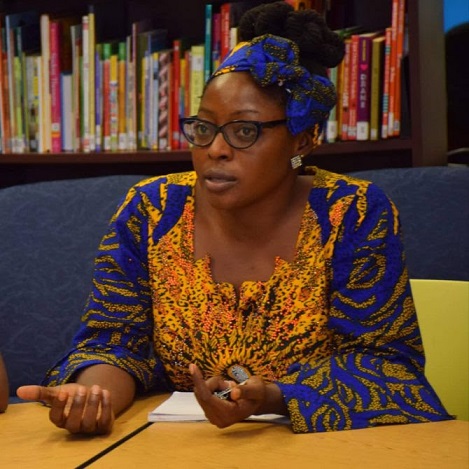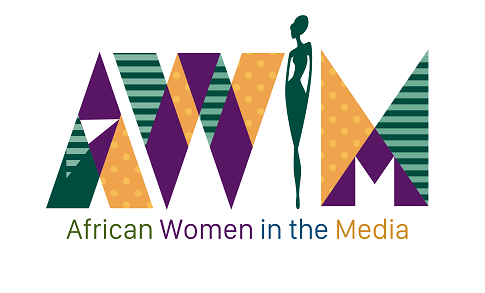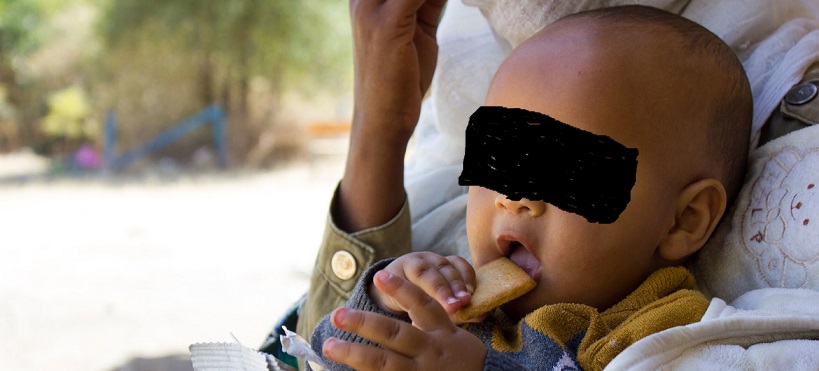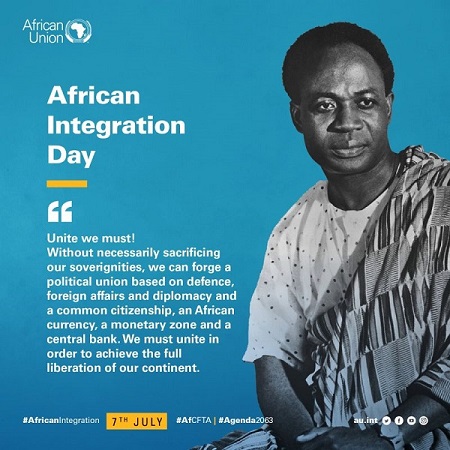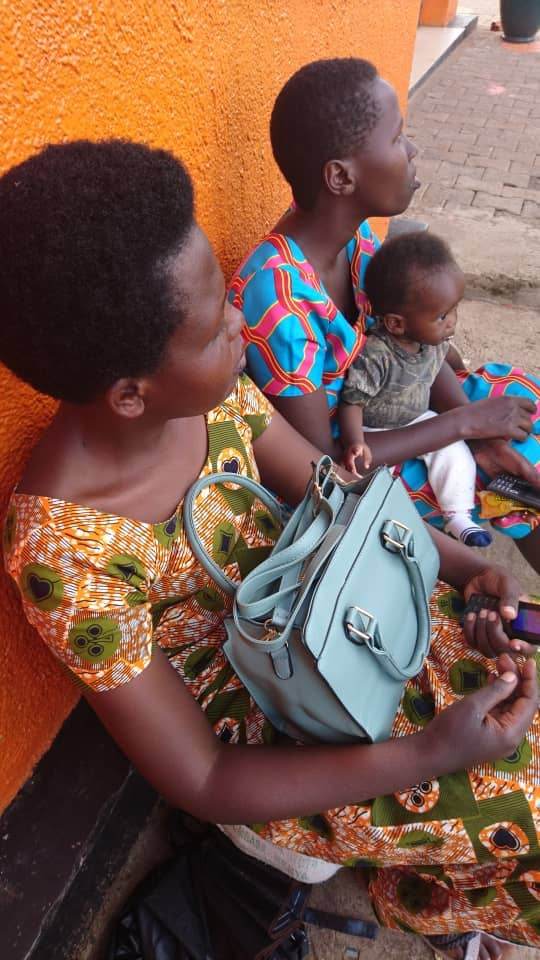By Comfort Musa
Representation, inclusion and voices are three words that were repeated in practically every session during the just-ended African Women in Media Virtual Conference 2020.
I am still digesting the stories and experiences shared by different media women on the continent and diaspora. It was great to learn about the lived experiences of African women working in the media. I noted how similar our experiences are, across the board and how from every corner of the continent, women in media are pushing for more inclusion, more representation and amplification of women’s voices in mainstream media.
The demand and push for more voice and agency come at a time where conflict is still Africa’s biggest challenge.
From conflicts to COVID-19 and every challenge in between, women in Africa bear the brunt of these challenges. However, when it comes to telling these stories on mainstream media, the voices of women are few, both as sources or storytellers.
More than ever before, women on the continent are speaking out and taking up more space. However, the lack of representation of women in critical conversations is still a cause for concern.
Does it matter who tells the stories? This is a question I have heard from different media executives, often, when we bring up the issue. They argue that in journalism, facts are sacrosanct and can be presented by anyone irrespective of gender.
I agree - the gender of the storyteller does not alter the facts, but journalism is more than just stating facts and data. These facts and data are collected from a context that should be experienced from more than one perspective. Their failure to see and prioritize voices of women robs newsrooms of critical perspectives that would add value to them and their content.
The way a story is told depends on who tells it. We are living a conflict in Cameroon that has gone on for 4 years. A conflict that only gets worse by the day. At the start, when the crisis started and several families in the affected North West and South-West regions were fleeing their homes to seek refuge in the bushes, many reporters told the stories of the displacements. NGOs too swung to action, providing humanitarian assistance to the displaced populations. During one of their outreaches, the leader of one of the NGOs Hope for Vulnerable and Orphans, found out that some of the displaced women living in the forests were using leaves as pad during their periods. She shared the story/video on social media and it inspired several conversations on the subject as well as initiatives to provide menstrual hygiene care packs to internally displaced women in need. Many journalists picked it up and reported on. This is an angle to the story that many missed but a woman was keen to notice. She brought attention to an issue that would otherwise go unnoticed. This is what women bring to conversations - unique knowledge and experience.
However, our contributions to critical conversations and the value we bring are not limited to our lived experiences as women. Menstrual hygiene, maternal mortality, GBV etc are all very important topics but they are not the only stories women only should be telling, either.
Personally, every time a Cameroonian publisher has reached out to me to commission a story – it’s always been a story about women’s issues. I struggled with this as a cub reporter and I still do sometimes as a senior journalist – making editors know that I can tell more than just stories about women. This was one of the main reasons I became a freelance journalist- to find and tell stories about other subjects. We are in the newsrooms not just to cover women’s issue -every issue is our issue.
It matters who tells the stories because whoever tells the stories defines the culture.
African history is being made daily, and it is the job of journalists to provide eyewitness accounts. The vantage point and perspectives of these eyewitnesses matter great. We need to interrogate the accounts and take stock of whose voice are we hearing and also the missing voices.
The mission of accurate and inclusive journalism is at stake. For this mission to be fulfilled we need a greater representation of women in media. For so long, women have been on this request - asking that more women be appointed to executive positions and assigned to hard news assignment.
It matters who tells the story and we are in that age where African women should not only wait to be appointed to executive positions or assigned to cover hard news stories. Waiting for appointments and permissions has not done us much good in this light.
While we hope and demand that more women be made executives lets set the agenda for more women to start and own media enterprises. Why always wait for permission to tell a story where you can exploit other creative options of gathering and telling the story without the permissions of editors.
